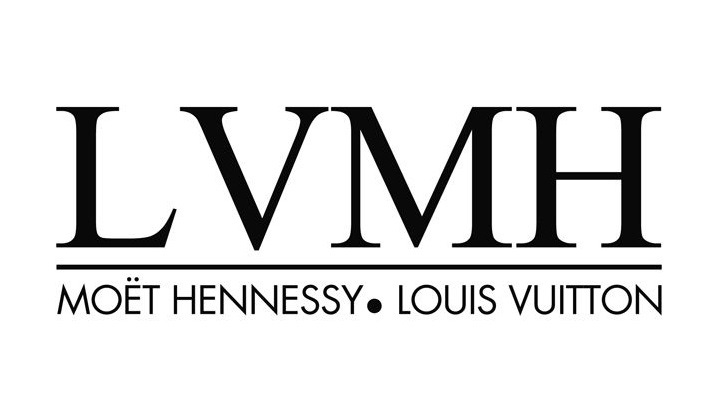Post about luxury companies are, by far, the hardest for me to write. Why? Luxury is a subjective and complex concept to define. In order for a product or service to be considered luxury, it has to meet a series of requirements, but the most important of them all is that it needs to help people break away from reality. It needs to go beyond the basics, beyond the ordinary, and it needs to convey that feeling to the person purchasing it. Luxury companies do not sell products – they sell ideas, dreams and exclusivity. Items are not acquired for their functionality nor for necessity… or maybe they are. Luxury can only be understood from a sociological point of view. Why else would someone pay €50,000 for a bag?
People have always felt a natural attraction towards luxury and standing out from others. Some form of luxury is believed to have always existed, and it facilitated the establishment of hierarchies for the first organized societies. Those who called themselves leaders showed their social status through objects and symbols. Luxury products have historically been used as tokens of power and status to separate people who use them from those at lower levels of the social hierarchy... And not only in life, but also in death: in ancient times, the most important members of society were buried with precious objects. The Egyptians were the first to develop their own codes of luxury: the highest elite, such as the pharaoh, the priests and those around them, showed their status through the gold they wore or other exclusive products of the time such as perfumes. Status and power made church members and European emperors different from the rest of mortals, but luxury instilled them with that kind of divine character.
Elitism has traditionally been linked to opulence, but the perception of what luxury is has changed over time. The luxury industry has had to constantly reinvent itself because people's preferences and aspirational dreams change and, therefore, the companies that fulfill those materialistic wishes must do so in turn. The industry has the intrinsic ability to adapt and be flexible, and the recent democratization of luxury is a good example of this. Interest in luxury products increased in the 20th century, but World War II reduced the purchasing power of many families. In response, brands decided to focus on entry luxury products that middle classes could afford, such as shoes, bags, perfumes and scarves. While luxury used to be reserved for a small elite, globalization and democratization gradually made it accessible to a broader public. The success of contemporary luxury is largely due to the appetite of the middle class for luxury items, rather than the elites.
But democratization brought new challenges with it. The enthusiasm for luxury goods was such that many companies amassed fortunes in a very short time by satisfying all the demand without realizing that, at the same time, they were diluting their brand. What had always been exclusive and longed for soon ceased to be so. Many brands fell into the premium category, while others, however, continue to lead the luxury industry. LVMH is one of the few that has managed to maintain a balance between exclusivity and growth over the years, and in this post I will try to explain why I think it is one of the most fascinating and underrated conglomerates today.
Today's top luxury companies must control and limit supply to preserve that aura of exclusivity and desirability while still growing their sales since, in a way, they have no choice as listed companies. The roots of the Louis Vuitton brand date back to 1850, when its founder designed a novel and elegant flat trunk for traveling by train. His legacy was passed down through generations until 1970, when there were still only two stores in the world and the business made €12 million in revenue. It took the company 120 years to open a second store, and only 50 more years to open almost 500 stores around the world and generate more than €1 billion in revenue, now under the LVMH conglomerate. How does Louis Vuitton manage to avoid falling into the premium category while growing so fast? How is it possible that LVMH, which has gone from €12 billion to almost €90 billion in sales in just two decades, can preserve its exclusivity?




